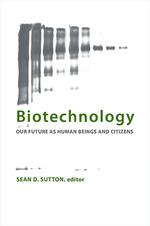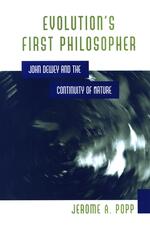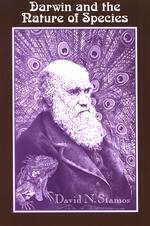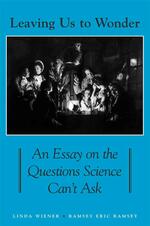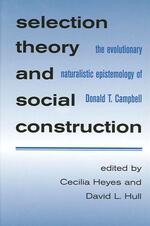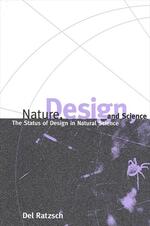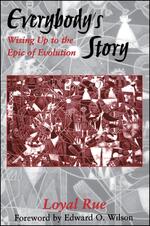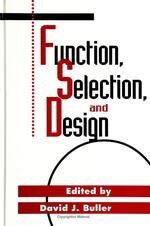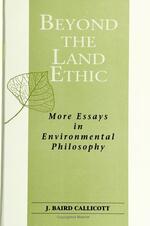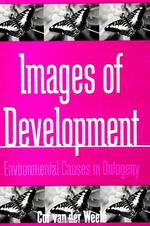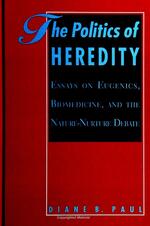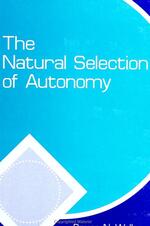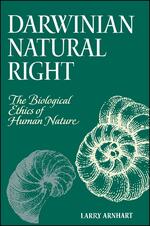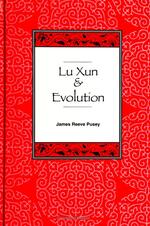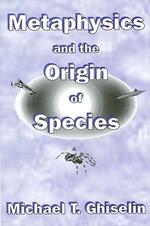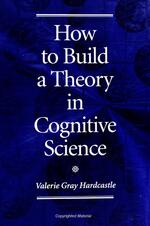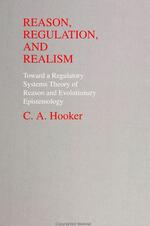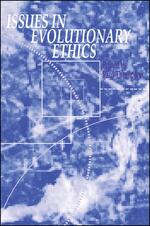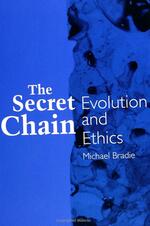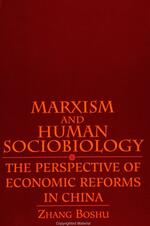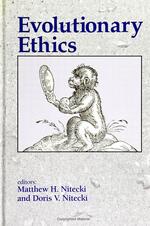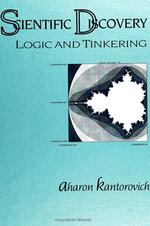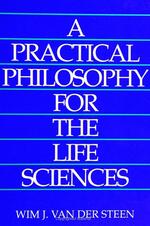SUNY series in Philosophy and Biology
Biotechnology
Considers the ethics and challenges of biotechnology.
Evolution's First Philosopher
Examines John Dewey’s ideas in the context of evolutionary theory.
Darwin and the Nature of Species
Examines Darwin’s concept of species in a philosophical context.
The Evolution of Death
Argues that death is not unchanging, but rather has evolved over time.
Leaving Us to Wonder
Explores the larger social, political, and philosophical contexts in which the current vitriolic science vs. anti-science debates occur.
Selection Theory and Social Construction
Top scholars examine the work of Donald T. Campbell, one of the first to emphasize the social structure of science.
Nature, Design, and Science
Explores the question of whether or not concepts and principles involving supernatural intelligent design can occupy any legitimate place within science.
Everybody's Story
This exhilarating tale of natural history illuminates the evolution of matter, life, and consciousness. In Everybody’s Story, Loyal Rue finds the means for global solidarity and cooperation in the shared story of humanity.
Reinventing the Wheel
Suggests that certain Buddhist notions may act as an antidote to the adverse effects of high-tech media.
Function, Selection, and Design
A complete sourcebook for philosophical discussion of the nature of function in biology.
Beyond the Land Ethic
A leading theorist addresses a wide spectrum of topics central to the field of environmental philosophy.
Images of Development
Questions the dominant biological approach of explaining animal development as entirely genetic by exploring the explanatory value of investigating environmental influences.
The Politics of Heredity
Explores the political forces underlying shifts in thinking about the respective influence of heredity and environment in shaping human behavior, and the feasibility and morality of eugenics.
The Natural Selection of Autonomy
Challenges the deep traditional assumption that autonomy, morality, and moral responsibility are uniquely human characteristics.
Darwinian Natural Right
Shows how Darwinian biology supports an Aristotelian view of ethics as rooted in human nature.
Lu Xun and Evolution
Lu Xun (1881-1936), China's greatest modern writer, remains important today both as an official icon and a patron saint of dissent. This book deals with Lu Xun's struggle to make sense of the "Darwinian Revolution." It illuminates not only Lu Xun's thought, but also the current crisis in Chinese thought caused by the loss of faith in Marxism.
Metaphysics and the Origin of Species
This sweeping discussion of the philosophy of evolutionary biology is based on the revolutionary idea that species are not kinds of organisms but wholes composed of organisms.
How to Build a Theory in Cognitive Science
Articulates a method for integrating the individual disciplines that compose the cognitive sciences so that unified interdisciplinary theories are possible.
Reason, Regulation, and Realism
This book develops a new naturalist theory of reason and scientific knowledge from a synthesis of philosophy and the new sciences of complex adaptive systems. In particular, the theory of partially self-organizing ...
Issues in Evolutionary Ethics
This book explores historical and current discussions of the relevance of evolutionary theory to ethics. The historical section conveys the intellectual struggle that took place within the framework of ...
Evolutionary Ethics
This volume analyzes the biological and philosophical disagreements in evolutionary ethics and points out difficulties with the interpretations.
The book is divided into four sections. The first is an ...
Scientific Discovery
Kantorovich analyzes the notion of discovery. He views the process as inference and questions whether there is logic or method to discovery. He provides an alternative perspective on scientific discovery ...
A Practical Philosophy for the Life Sciences
This book integrates philosophy of biology and philosophy of medicine with the purpose of making philosophy practical for students and scientists. It contains many exercises and examples from live science. ...
